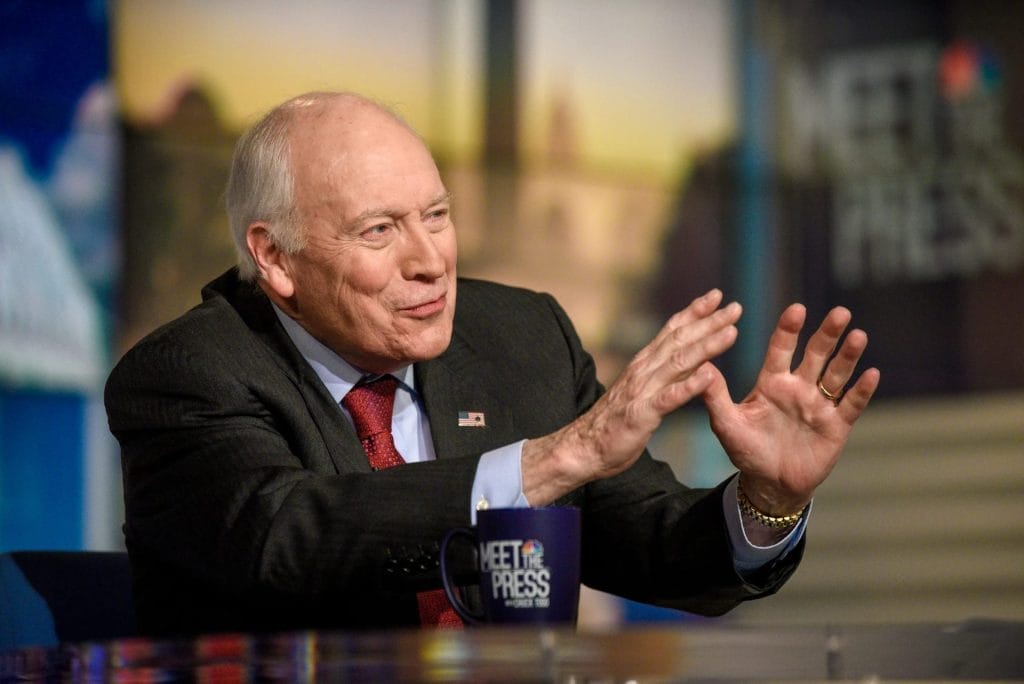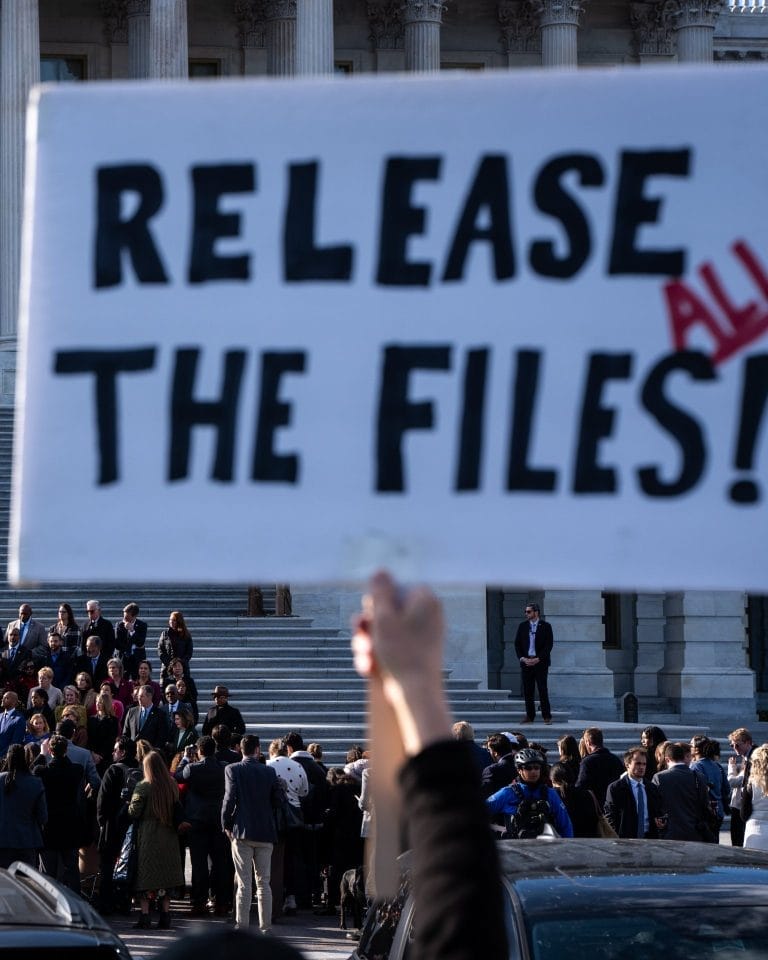Dick Cheney Passes at 84, Leaving a Complex Record
Former U.S. Vice President Dick Cheney died on November 3, 2025, at the age of 84. His family confirmed that his death resulted from complications stemming from cardiac and vascular disease combined with pneumonia. The news triggered nationwide reactions, reflecting on a career that spanned decades of public service and controversy.
From Defence Secretary to Vice-President

Cheney first held top posts in the U.S. government—including Secretary of Defense under President George H. W. Bush, where he oversaw the 1991 Gulf War. Later, as Vice President under George W. Bush from 2001-2009, he became one of the most influential holders of that office. In the immediate aftermath of the September 11 attacks, Cheney played a central role in shaping U.S. national-security and foreign-policy decisions—including the invasions of Afghanistan and Iraq and expanded surveillance programmes.
Late-Career Break with Trump and Legacy Debates
In his later years, Cheney was especially notable for breaking publicly with his party’s mainstream—becoming a vocal critic of former President Donald Trump. He and his daughter, former Congresswoman Liz Cheney, frequently highlighted concerns over democratic norms and the rule of law following the January 6, 2021 attack on the U.S. Capitol. The death of Cheney prompted polarized reflections: some Republicans paid tribute, while others focused sharply on the decisions of his vice-presidential tenure—especially the Iraq war, interrogation tactics, and expansion of executive power.
A Legacy Marked by Influence and Controversy
As of 2025, analysts agree Cheney redefined the vice-presidential role, elevating it into a seat of genuine policy influence. Yet the same tenure that earned him praise also left enduring points of contention. Supporters view him as a decisive leader who met the threats of the early 21st century with resolve; critics contend his policies eroded civil liberties and led the U.S. into costly foreign engagements. With his passing, the full measure of his impact remains under debate—but his footprint on American politics is undeniable.
More….






